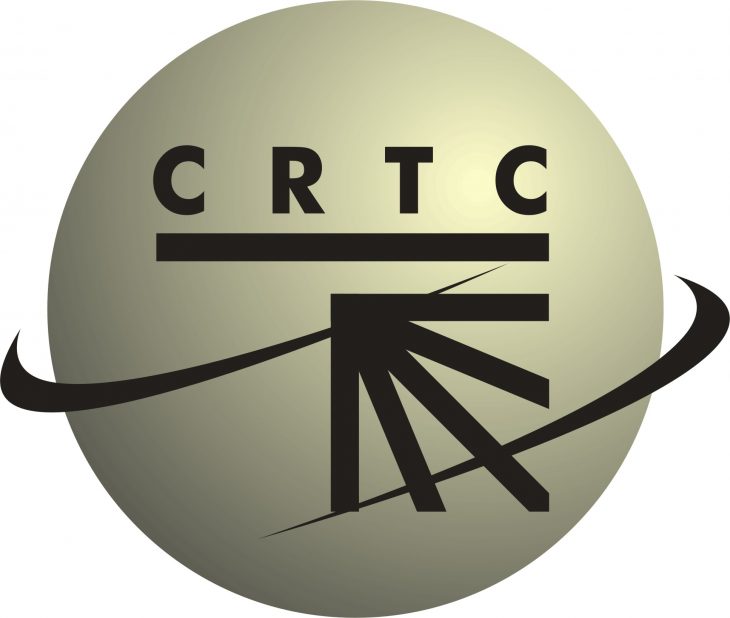
Interventions suggest scope of CRTC hearing could be appropriately widened
OTTAWA – The CRTC’s decision on the future of the Russian state-funded English-language news service RT is unlikely to have a significant impact, Ethnic Channels Group Ltd. (ECGL) argues in an intervention submitted to the CRTC yesterday.
RT came to Canada in 2009 after ECGL applied to add it to the Commission’s list of non-Canadian programming services authorized for distribution in Canada.
The CRTC received an order from the Governor in Council last week, asking it to “hold a hearing to determine whether RT (formally known as Russia Today) and RT France (collectively RT) should be removed from the list of non-Canadian programming services authorized for distribution in Canada,” according to the Commission’s call for comments on the matter.
Intervenors were given just less than a week to submit their comments as the government expects the CRTC to report within two weeks of the order becoming effective. The CRTC had over 370 interventions for this proceeding posted to its website as of March 9.
In an intervention submitted by its CEO Slava Levin, ECGL argues the impact of the CRTC taking RT off its list of authorized services will likely be limited as the service may still be provided over the Internet, including through RT’s own websites. “If the purpose of the current process is to prevent distribution of the RT Services in Canada, it may not succeed,” the intervention says.
ECGL also points out the Russian government owns, or sponsors Russian-language news and information services distributed in Canada as well, which would not be affected by this CRTC decision.
“This news and information programming contains the same “government-approved” content as the content seen on the RT Services. These Russian language services may well be far more influential and more widely viewed in Canada than the RT Service,” ECGL’s intervention reads.
“If, therefore, the purpose of the current process is to prevent distribution of Russian-state controlled information and news content within the “regulated” BDU (broadcasting distribution undertaking) environment, it also may not succeed.”
ECGL further argues even if the CRTC decides to keep RT on its list of authorized services, the impact will still be limited because Bell, Telus, Rogers and others already decided last week to stop distributing RT.
“That decision was taken without notice to subscribers or public consultation,” the intervention says. “If the CRTC were to decide, as the result of this process, that the RT Services should remain on the List and available for distribution in Canada, it is not clear to us that this would have any practical effect on its distribution by those BDUs.”
ECGL believes the decision to restrict access to RT should be made through a legal process “rather than through non-transparent decisions taken by BDUs.” (Earlier in the intervention it is suggested the framework for economic sanctions under the Special Economic Measures Act could be considered.)
“At least, through a legal or government- led mechanism, the rationale and fact of the services’ removal would be comparatively transparent, universally applied and reviewable,” ECGL says. “None of this applies when the decision is taken by the BDUs themselves.”
An intervention submitted by Rogers’ vice-president of regulatory, Pamela Dinsmore, explains Rogers’ decision to stop distributing RT “relied on the fact that RT is owned by a state against which Canada has placed sanctions and related measures.”
The Rogers intervention argues it would be appropriate for the CRTC to consider removing other services from its list of authorized services as well, including “any programming service that is either owned or controlled by a state that is subject to Canadian sanctions or by any specific individual or entity identified in Schedule 1 to the Special Economic Measures (Russia) Regulations. This could include, for example, Channel One Russia and RTR Planeta.”
Interventions were also submitted by companies including SaskTel and Shaw. SaskTel simply indicated it does not nor has it ever carried RT, and Shaw said it ceased carriage of the channel at the end of February, and as such its “BDUs are not in a position to “show cause why RT should not be removed from the List”,” as per the CRTC’s call for comments.


